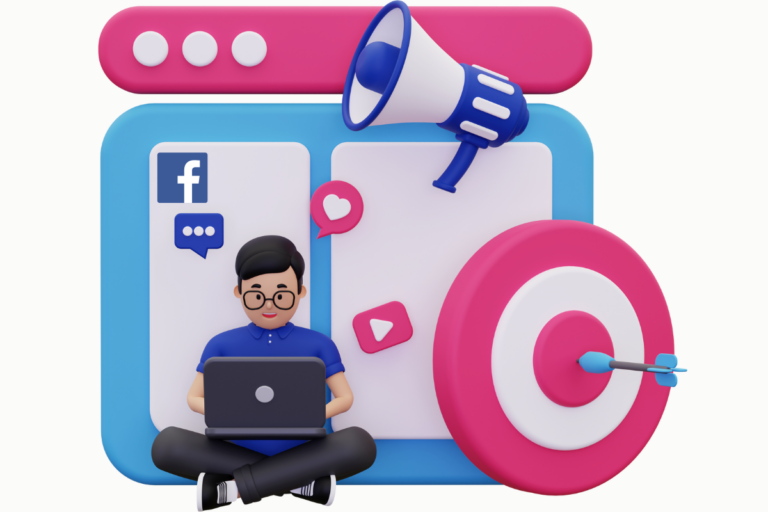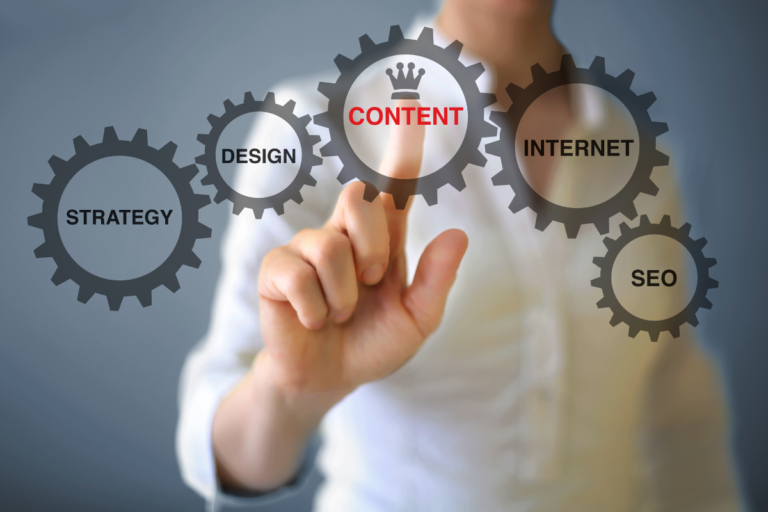It is always best to be equipped with legal knowledge regarding what personal injury is, what you should do when you find yourself faced with one, and why you need to urgently look for a lawyer for your claim and/or case.
Being prepared is how you can get closer towards a favourable outcome for your claim and avoid technicalities that might jeopardize the same.
Post Contents
1. Talk To Your Lawyer First. Even Before Your Insurer
Protocol usually dictates that you immediately speak with your insurer in the event of a personal injury.
Against this background, know that the insurer may not be completely transparent about how much they are willing to cover and how much you are actually entitled to.
If you get in touch with them sooner than you do your Wocl Leydon, LLC – Personal injury attorney, simply give them a broad picture of your injuries.
Afterwards, inform them that you will be getting back to their representatives as soon as you are able to reach out to your legal advisor.
And do not worry, this is a perfectly acceptable reason for nondisclosure.
2. The Vast Scope Of “Personal Injury”
Many seem to be under the impression that personal injuries encompass ones incurred because of vehicular accidents alone. However, this is not the case.
According to the law, any type of injury that results in physical, emotional, and mental incapacitation falls under this definition.
From medical malpractice, slips and falls due to hazardous surfaces, assault, emotional distress due to deliberate actions for the same, negligence and/or carelessness that caused you harm, defective ware, to false accusations.
This list is comprehensive, and it will be advantageous to have your lawyer brief you on what each one is.
3. Do Not Negotiate Settlements On Your Own
Even if you believe that the value of the settlement being presented to you will suffice, always have your attorney be with you in every discussion, meeting, document review and signing, evidence collection, etc.
Your legal advisor has both the knowledge and experience with respect to the legalities that encompass these claims and cases.
You might be shortchanged out of the deal if you go on without their guidance.
Or worse, failure to comply with legal proceedings, whether as a consequence of the lack of or the absence of proper information, may turn the tables on you.
The defendant and/or insurer can use this neglect as leverage over your claim or case.
4. A “Personal Injury” Lawyer
Although lawyers, in general, are well-versed with the workings of the law and its statutes, it will be beneficial to work with one who specializes in personal injury.
In this manner, you can rest assured of his or her expertise on the subject of taking on your claim or case.
More often than not, your initial inquiries with a firm will provide you with helpful insight apropos their personal injury legal representatives.
This includes their records, experience in handling such cases, court representation, and other services they offer clients who wish to file for a personal injury claim.
5. Compensation Can Cover A Broad List Of Variables
Once you begin working with your legal firm, they will tell you that “compensation” spans a variety of factors besides medical coverage.
This is why it is vital that you consult your legal team before agreeing to any terms from the insurer.
How To Choose The Ideal Personal Injury Lawyer
1. Experience And Track Record
You will find this guideline helpful especially if you do not know friends or family who can refer a legal office or advisor to you.
Check the firm’s experience and track record. Typically, this information is open to the public via their website, or if you drop by their actual office as well.
But do act beyond this. Experience and track record must not merely revolve around that of the office.
Remember that you will be working with a sole law advocate. Hence, his or her legal practice history is what you are to consider, first and foremost.
2. Fees And Service Charges
There is no dyeing the fact that hiring an attorney means having to set aside a separate portion of your budget to this expense.
Yet this does not entail that working within your financial capacity at present is impossible in this context. Because it is definitely possible.
Do not hesitate to ask offices and their representatives with reference to what their fees are. Would it be more financially feasible to choose one who will bill you only on a contingency basis?
What about fees upfront? Other charges? Will discussions and meetings be charged differently?
When it comes to the recovered amount you will receive (from the settlement), will you be obligated to present them with a certain percentage of it?
Draft a list of similar questions for you to have a full and clear picture of how much you will be charged for legal fees.
3. Availability And/Or Number Of Clients Currently On Their Roster
Your lawyer should be readily available to you, time-wise. The ideal scenario is for them to be on-call for any and every section of your claim’s proceedings, and according to your schedule.
But if the attorney you decide to work with is in demand, expect to follow timelines according to his or her office’s recommendations.
Still and all, appointments are to be consistently followed. Rescheduling and frequent cancellations are your indicator that the law advocate may not have the time for your case.
Initial agreed-upon conversations can easily let you have a view of how they treat clients.
This goes hand in hand with how they go out of their way to ensure that you are aided throughout the process consistently.






























